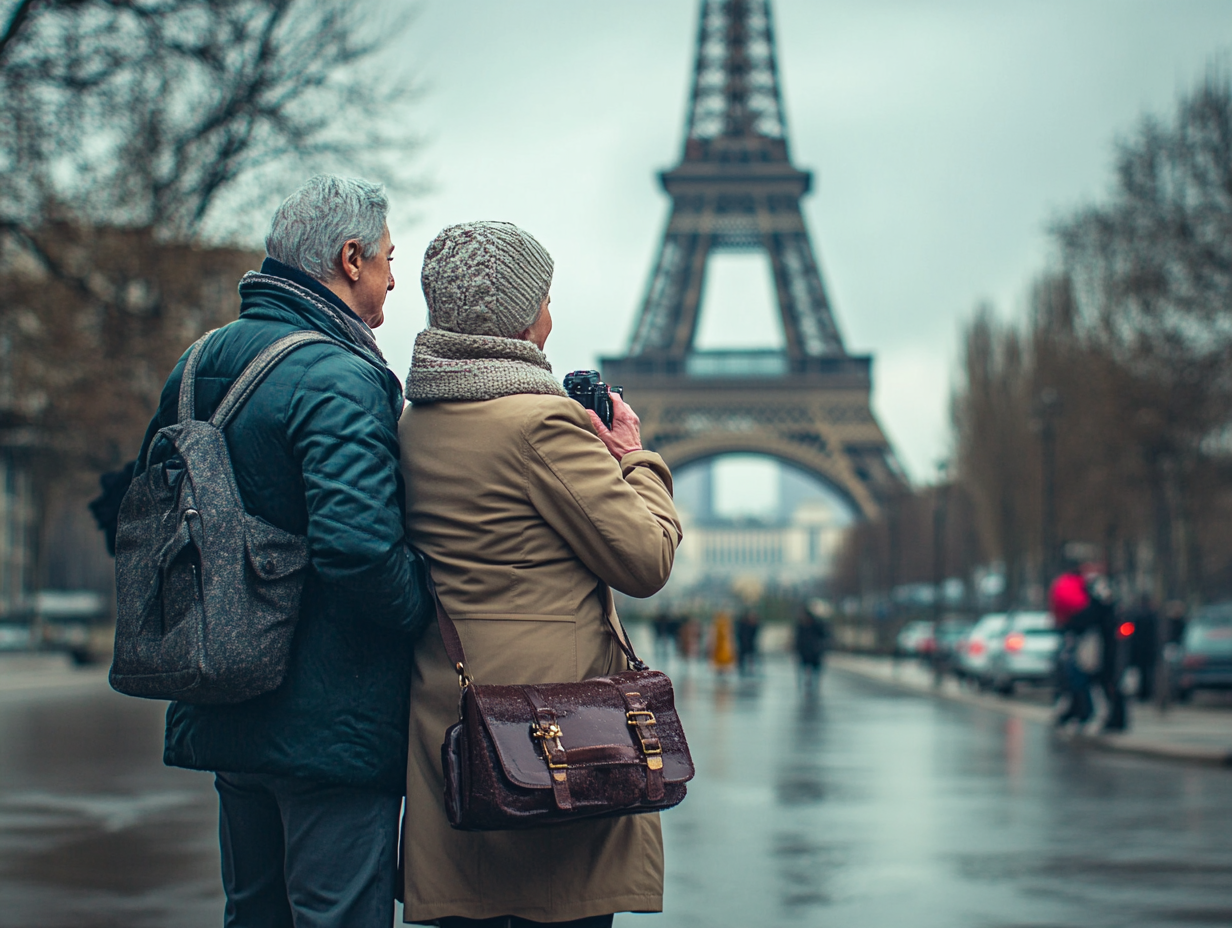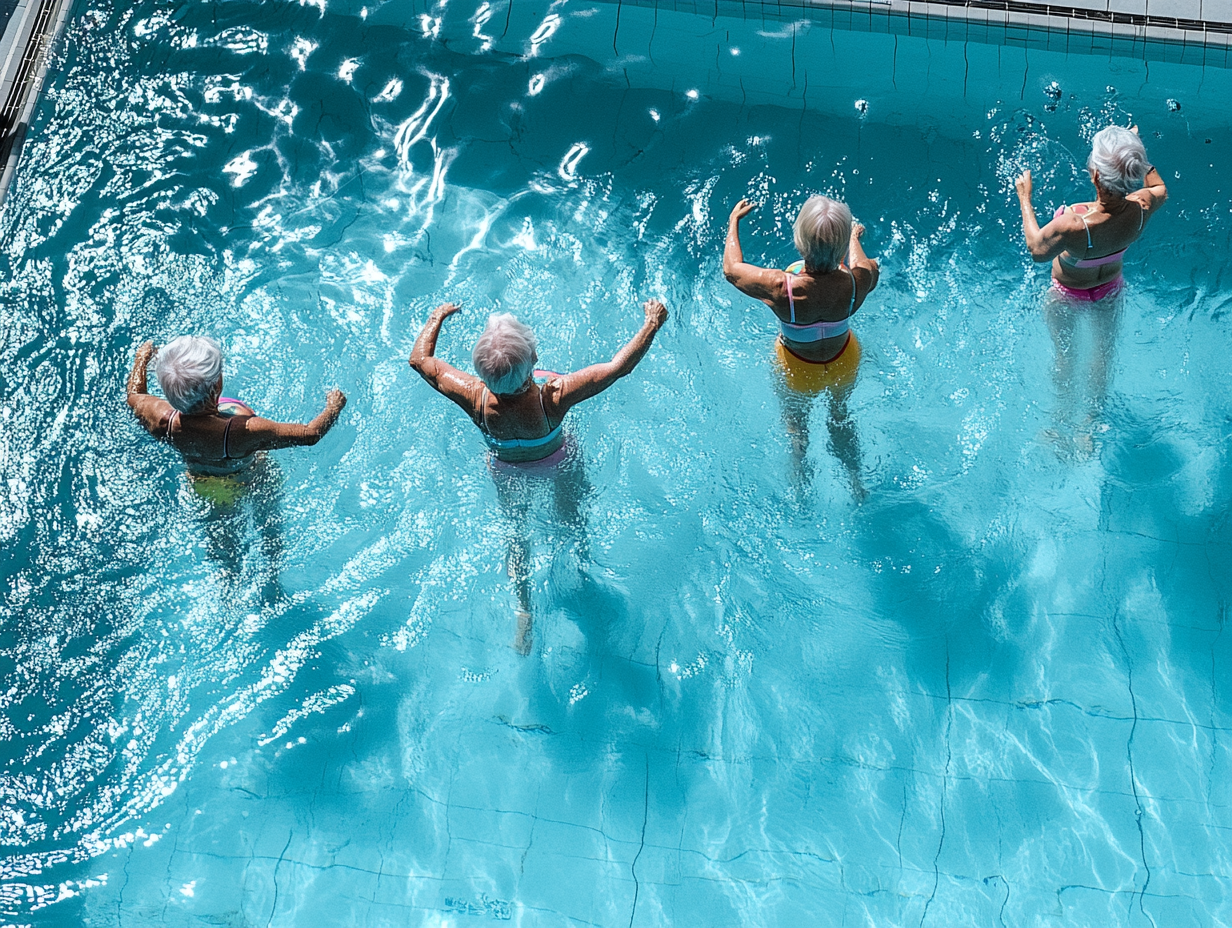Read the full article from National Geographic
Travel has long been celebrated for its enriching experiences, and recent findings suggest that it might also offer significant benefits for individuals living with dementia, like 66-year-old Scott Cooper from Australia. Despite his condition, Scott continues to traverse the globe with his wife, drawing energy and stimulation from new environments, which help him stay mentally and physically active.
Dementia, affecting millions globally, leads to memory loss, confusion, and changes in mood and behavior. A study involving researchers from Australia and China highlighted that travel could provide crucial cognitive and sensory stimulation that supports dementia care. As the global population ages, with an expected 153 million people affected by dementia by 2050, the need for dementia-friendly tourism options is becoming increasingly apparent.
Australia, along with Canada, the United Kingdom, and the United States, is leading the way in creating environments that cater to the needs of tourists with dementia. From dementia-friendly sensory trails in Melbourne’s Woowookarung Regional Park to memory cafés and art workshops, these initiatives offer safe and stimulating experiences that can evoke positive memories and enhance social interactions.
The benefits of travel for those with dementia extend beyond mere enjoyment. Jun Wen, a tourism lecturer, notes that the planning and anticipation involved in travel stimulate brain function, while the physical activity inherent in exploring new places aligns with recommended dementia interventions. Furthermore, dementia-friendly travel can empower individuals, fostering confidence, independence, and an improved quality of life.
Warren Harding, a professor specializing in dementia care, emphasizes the therapeutic potential of travel. By sharing his experiences traveling with his mother, who lived with dementia, he underscores how carefully planned trips can minimize stress and enhance engagement. For example, maintaining a routine similar to home and ensuring safety with ID and accommodation details can make travel more accessible and enjoyable. Read
An inspiring example of dementia-friendly travel is the Aashaya Jasri Bali in Bali, established by Community Home Australia. This resort is specifically designed to accommodate the needs of individuals with dementia, offering a secure and enriching environment. With professional staff trained in dementia care and activities tailored to enhance cognitive and sensory stimulation, the resort ensures that guests can enjoy their travels with safety and support.
As dementia-friendly tourism continues to evolve, more destinations are recognizing the importance of accommodating visitors with cognitive impairments. The growth of initiatives like art appreciation sessions at New York’s Museum of Modern Art and memory walks in Liverpool showcases a shift towards more inclusive tourism practices.
For families and caregivers of those with dementia, embracing travel as a form of non-pharmacological intervention could play a crucial role in managing the condition. As more places become equipped to handle the unique needs of dementia tourists, travel can continue to be a source of joy and vital stimulation for individuals like Scott, helping them maintain an active and fulfilling lifestyle despite their cognitive challenges.
By integrating dementia-friendly practices and facilities, destinations can enhance their appeal while providing meaningful experiences that cater to all visitors, ensuring that even as memory fades, the joy of discovery remains within reach.
Read the full article from National Geographic
At Elli Cares, our mission is closely aligned with the goals of dementia-friendly tourism. We are dedicated to supporting independence and enabling those living with dementia to continue living the life they want, as much as possible. Through innovative tools and resources, Elli Cares helps individuals maintain their autonomy while ensuring a safe and supportive environment, both at home and while traveling.






